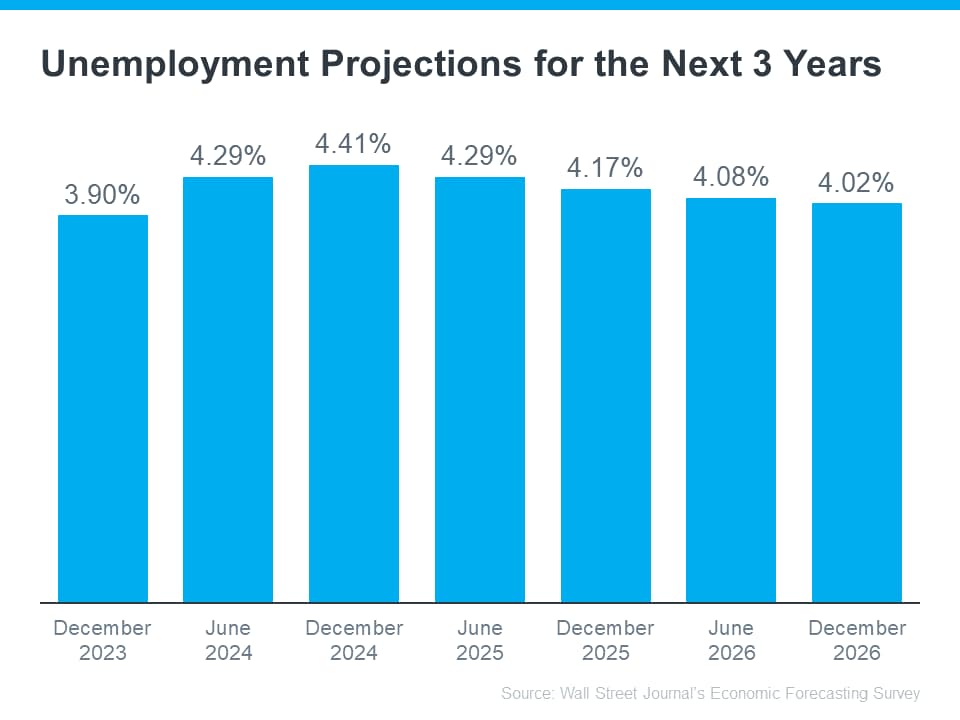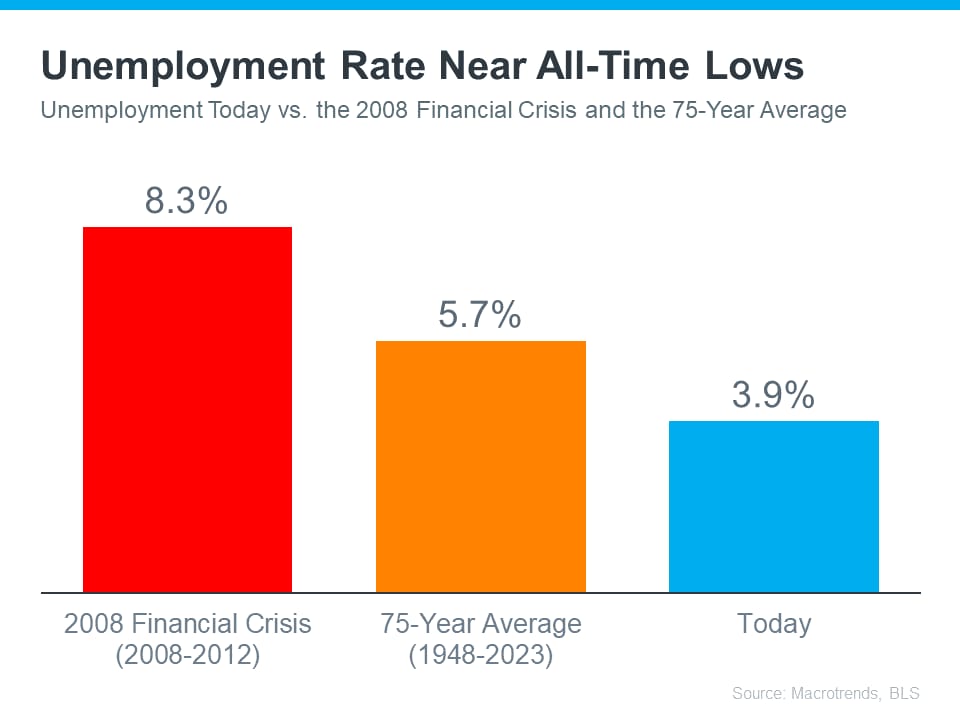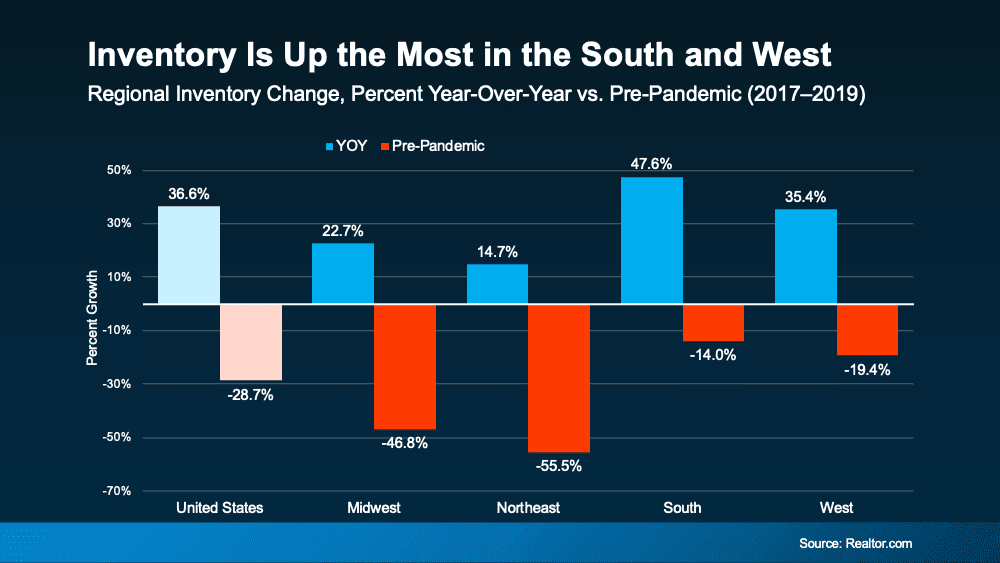In recent times, the possibility of a recession has been a source of anxiety for many, especially when considering the potential impact on the housing market. Concerns about rising unemployment and the specter of foreclosures reminiscent of the crisis 15 years ago are prevalent in discussions.
However, the latest insights from the Wall Street Journal's Economic Forecasting Survey bring a more optimistic perspective. The survey indicates a shift in economists' expectations:
“For the first time in over a year, less than half (48%) of economists believe a recession will actually occur within the next year. Economists are turning optimistic on the U.S. economy... economists lowered the probability of a recession within the next year, from 54% on average in July to a more optimistic 48%. That is the first time they have put the probability below 50% since the middle of last year.”
This change in outlook suggests that fears of a drastic increase in the unemployment rate and a consequent wave of foreclosures may be overblown.
The survey's unemployment rate projections for the next three years reveal that, while some job losses are anticipated, they are not expected to reach a level that would trigger a housing market crash.
Historical data from Macrotrends and the Bureau of Labor Statistics (BLS) provides context here. The current unemployment rate is near all-time lows, significantly below the 75-year average of 5.7% and the peak of 8.3% following the 2008 financial crisis.
This data implies that the housing market is unlikely to experience a crash induced by a wave of foreclosures. With unemployment rates projected to stay below the long-term average, the housing market's stability appears more assured.
A Resilient Housing Market Amid Economic Fluctuations
The shift in economists’ expectations reflects a more optimistic view of the U.S. economy and its resilience. This bodes well for the housing market, suggesting that the feared scenario of widespread foreclosures leading to a market crash is unlikely. If you have concerns about how economic trends may affect your plans in the housing market, let’s connect. Together, we can explore your options and ensure that you make informed decisions based on the latest data and forecasts.






